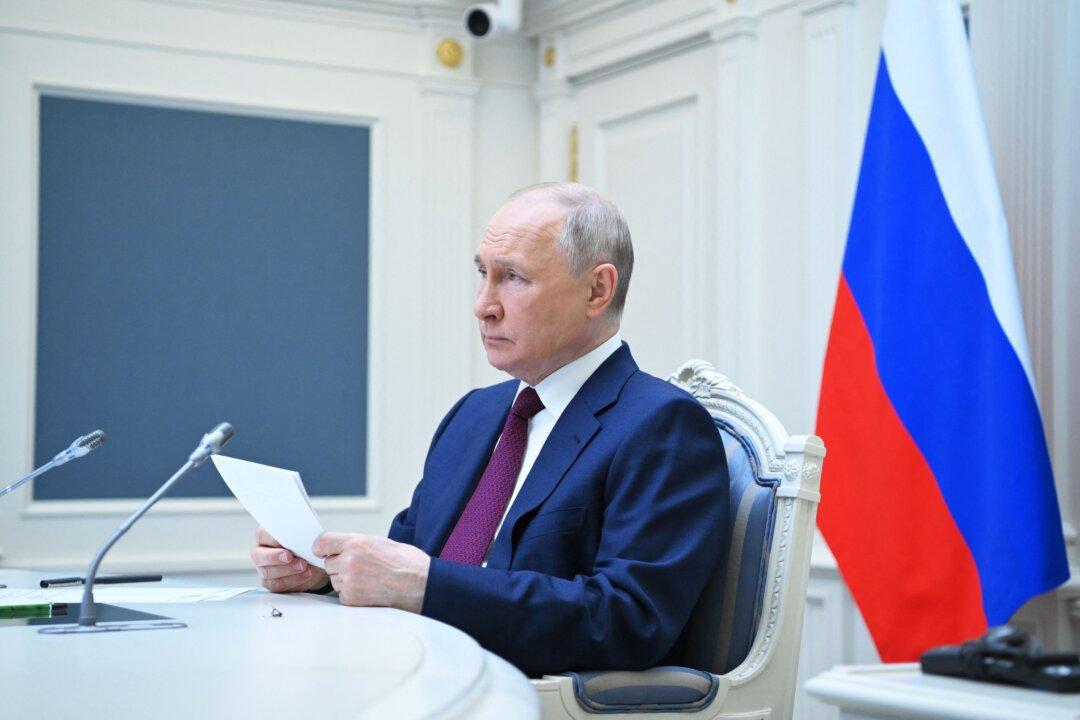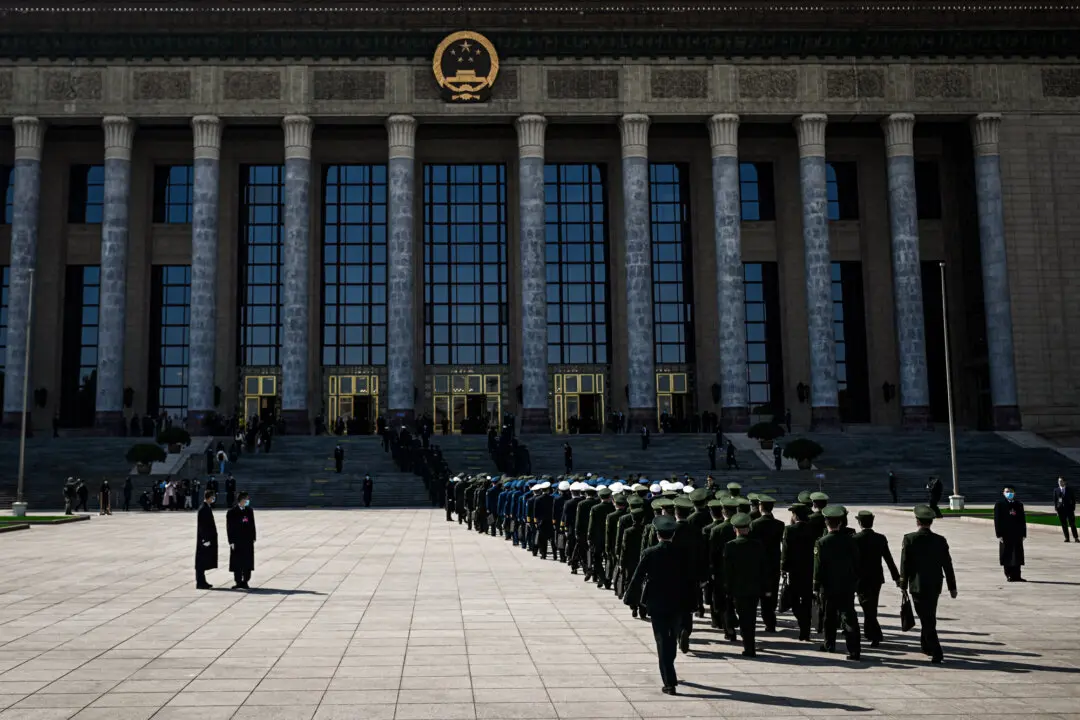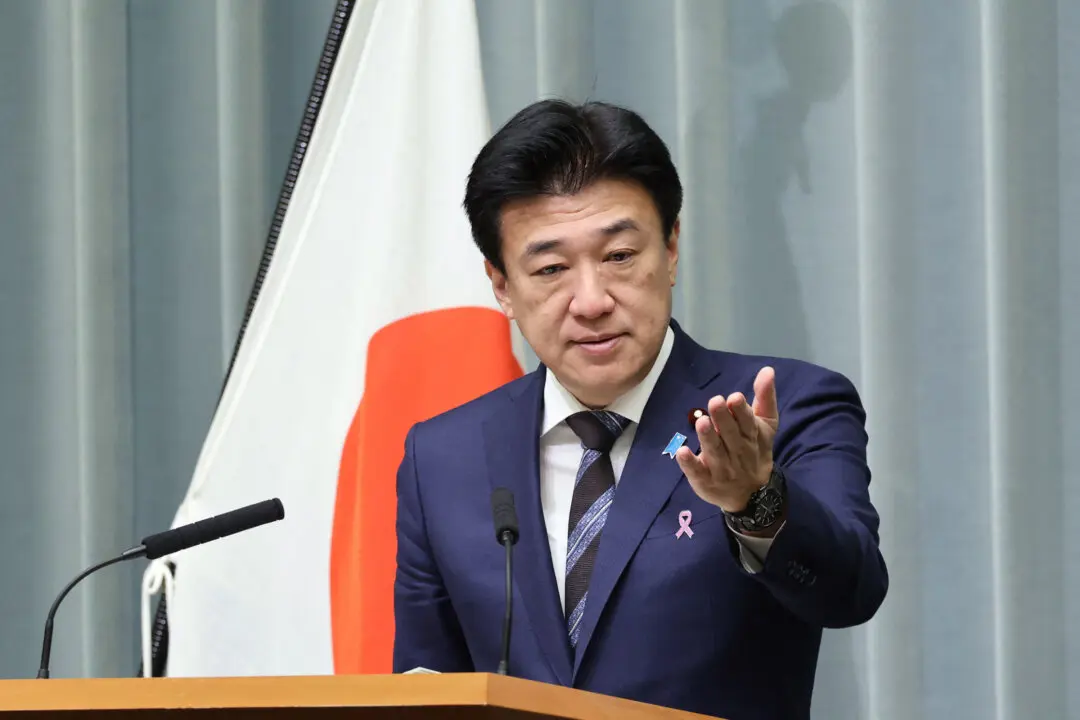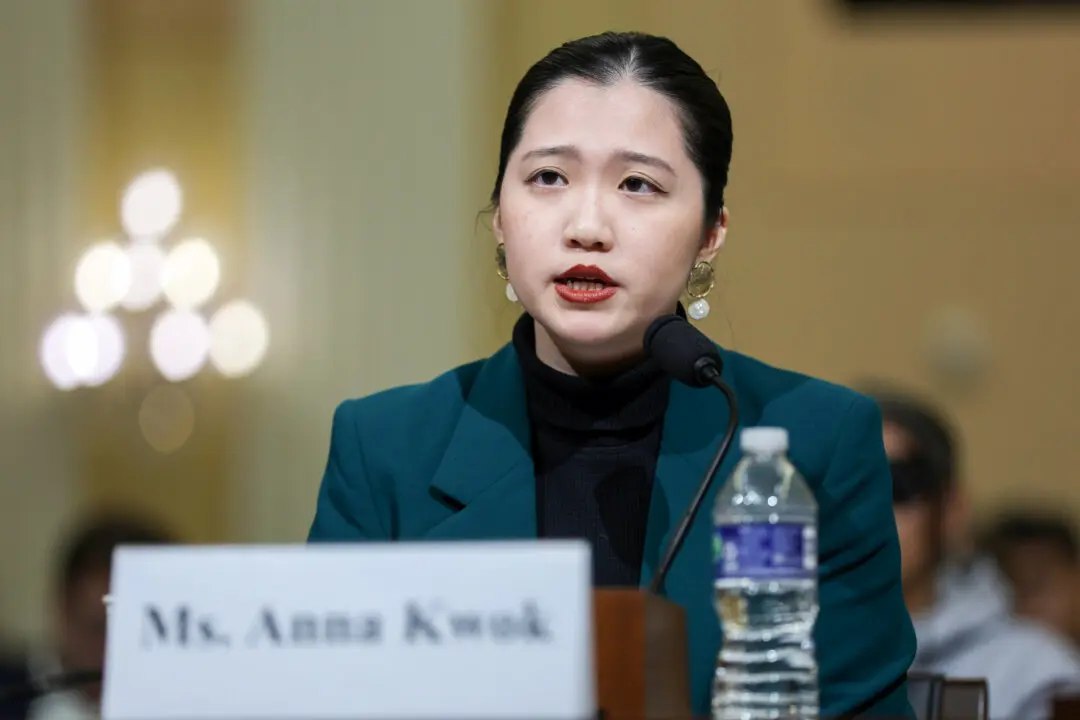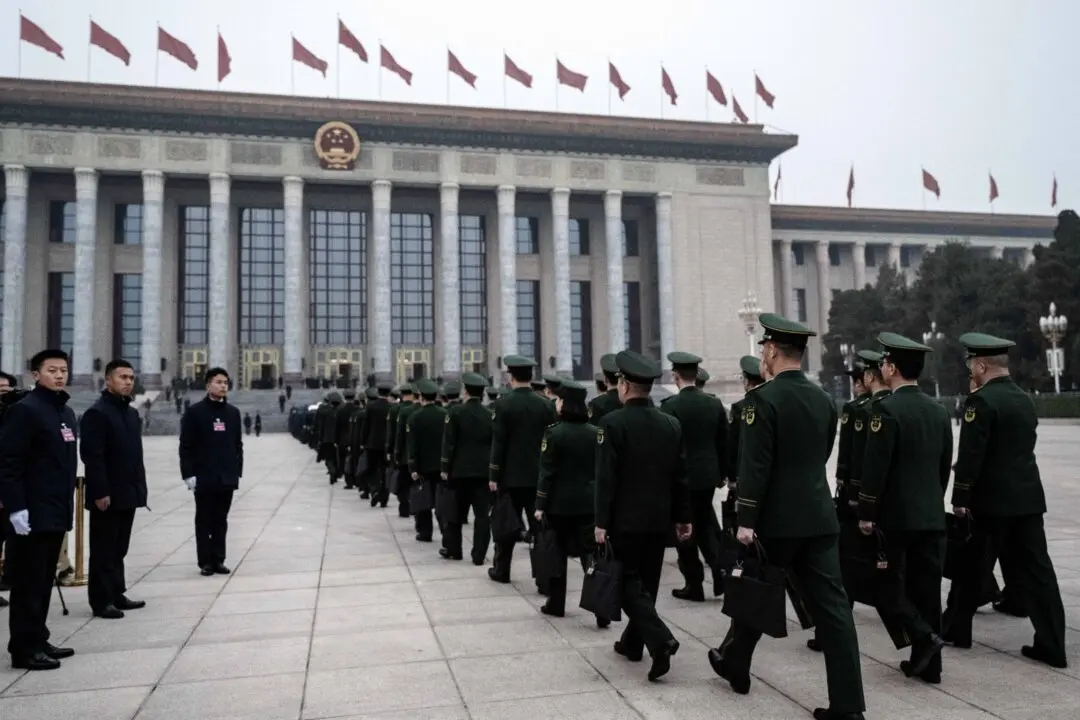Russian President Vladimir Putin and Chinese leader Xi shared the same stage on Tuesday, speaking at a virtual summit of a Shanghai-headquartered regional security organization in the wake of an aborted Wagner mutiny that had political implications for both nations.
Both leaders spoke about the importance of the Shanghai Cooperation Organization (SCO), a regional power bloc led by China and Russia that is aimed at countering perceived Western influence in Central Asia.
